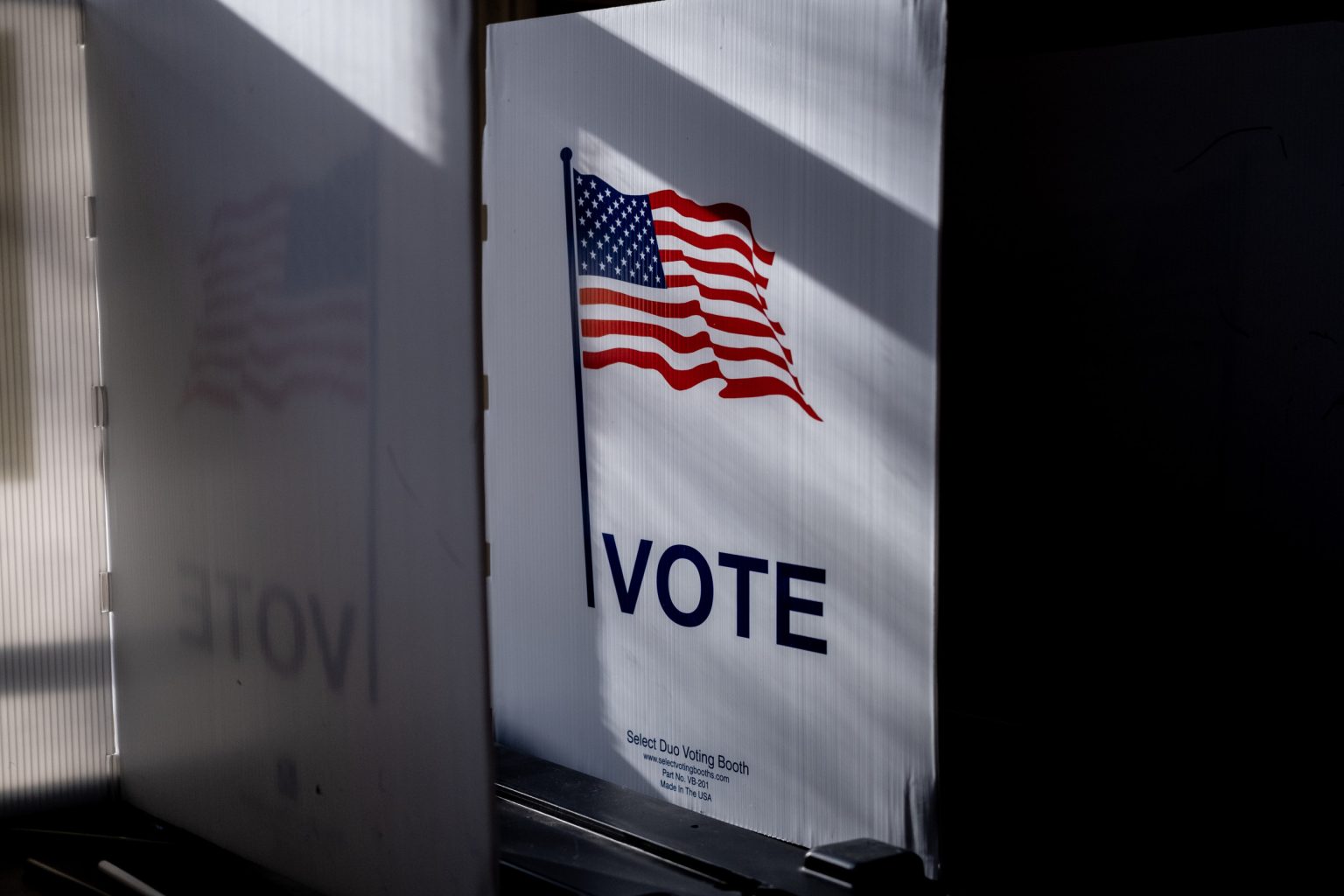This week, the Florida Supreme Court made two significant rulings on abortion in the state, including paving the way for a restrictive six-week abortion ban to go into effect by ruling that the state’s constitution does not protect abortion. Despite this, the court also granted Florida voters the opportunity to vote on a November referendum aimed at safeguarding access to abortion. Pro-choice advocates and democratic strategists are hopeful that Floridians will have their say in the fall, with some even predicting a potential backlash from voters that could favor Joe Biden in the general election. However, the erosion of voter rights in Florida, orchestrated by Governor Ron DeSantis, poses a significant obstacle to voters exercising their right to protect themselves from the state’s anti-abortion agenda, especially impacting marginalized communities.
The hope for the ballot referendum on abortion, known as Amendment 4, lies in the success of similar referendums in other conservative states post-Dobbs. Despite the impending enforcement of the six-week abortion ban, Florida has become an unlikely bastion for abortion care in the deep South, with many people traveling to the state for access. Pro-choice advocates are encouraged by polling data suggesting that a majority of Floridians favor legal abortion, but the referendum requires a supermajority of 60 percent to pass. The recent increase in registered Republican voters due to migration from Northeastern and Midwestern states, as well as ongoing voter suppression efforts, pose significant challenges to passing the amendment and protecting abortion rights in the state.
Conservative efforts to suppress voting rights and disenfranchise marginalized communities in Florida, led by Governor DeSantis, have intensified since the Supreme Court’s ruling in Shelby County v. Holder gutted the Voting Rights Act. These efforts include restrictive voter ID laws, limitations on mail-in ballots and voter registration drives, and the closure of polling places in low-income and Black neighborhoods. Florida’s lack of same-day or automatic voter registration and recent legislation requiring formerly incarcerated persons to pay all court-ordered financial obligations before voting further disenfranchise communities of color, immigrants, low-income individuals, women, college voters, and LGBTQ people. These restrictions disproportionately impact groups that tend to be more progressive on issues such as abortion access.
In a democracy undermined by voter suppression, placing faith in a broken electoral process and the illusion of voter choice is misguided. It is crucial to work towards bolstering and expanding voting rights to ensure that every voice is heard and every vote counts. The suppression of voter rights in Florida, particularly targeting marginalized communities that face barriers to abortion care, highlights the urgent need to combat voter disenfranchisement and protect democratic principles. Researchers and experts emphasize the importance of addressing structural inequalities and ensuring that all individuals have the opportunity to participate in shaping their futures. The ongoing efforts to undermine voting rights in Florida underscore the essential need for advocacy and activism to safeguard democracy and protect the rights of all citizens.


